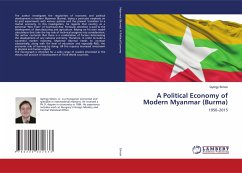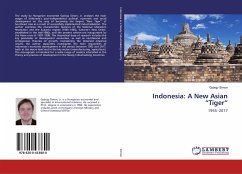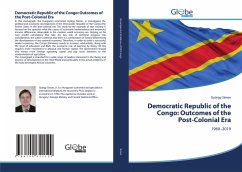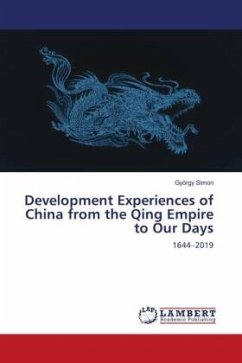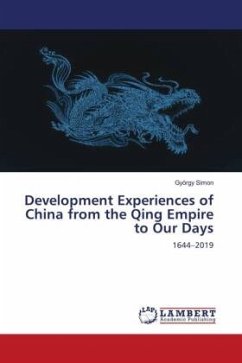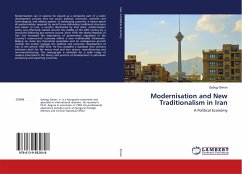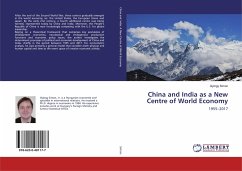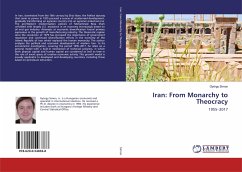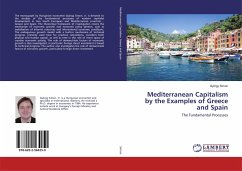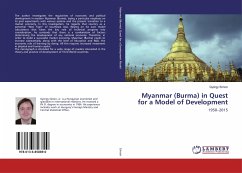
Myanmar (Burma) in Quest for a Model of Development
1950-2015
Versandkostenfrei!
Versandfertig in 6-10 Tagen
47,99 €
inkl. MwSt.

PAYBACK Punkte
24 °P sammeln!
The author investigates the regularities of economic and political development in modern Myanmar (Burma), laying a particular emphasis on its past experiments with various systems and the present transition to a market economy. In this investigation, he regards that country as a potential "New Tiger" of Southeast Asia. Relying on his own model calculations that takes the key role of technical progress into consideration, he contends that there is a combination of factors determining the development of any national economy. Therefore, in order to build a successful market economy, Myanmar (Burm...
The author investigates the regularities of economic and political development in modern Myanmar (Burma), laying a particular emphasis on its past experiments with various systems and the present transition to a market economy. In this investigation, he regards that country as a potential "New Tiger" of Southeast Asia. Relying on his own model calculations that takes the key role of technical progress into consideration, he contends that there is a combination of factors determining the development of any national economy. Therefore, in order to build a successful market economy, Myanmar (Burma) needs to increase substantially, along with the level of education and R&D, the economic role of learning by doing. All this requires increased investment in physical and human capital.The monograph is intended for a wide range of readers interested in the theory and practice of development of Third World countries.



